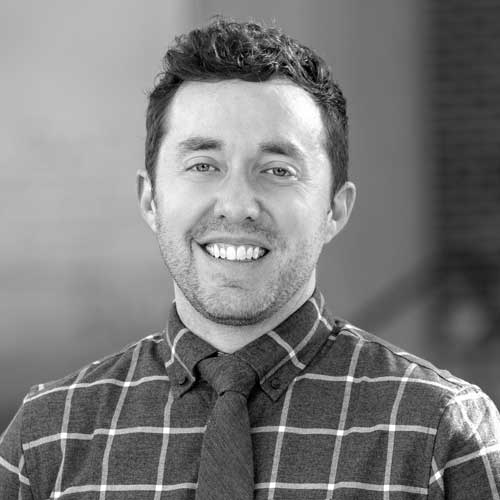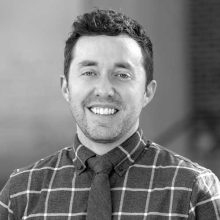Paul Lippe: Why waste the crisis in legal education?
Educating Tomorrow’s Lawyers Advisory Committee member Paul Lippe recently spoke to the “Deans Workshop for ABA Approved Schools,” and, while that meeting was off the record, he proposes new ideas and frameworks for changing the current law school model in a post at The New Normal.
The key takeaway for me is that law school should update its model from "think like a lawyer" (which most often means think like an appellate litigator) to "understand how law actually works in a specific context and make it work better." That would mean scholarship that focuses less on what other scholars write and more on what happens in practice. It would mean faculty who are more interested in the context of modern law practice, whether in a global corporation, a housing project or a family business. It would hopefully mean concretely improving access to justice and simplifying compliance.
If we don't improve the methodology, the value that lawyers provide will continue to lag, and there won't be sufficient resources to support young lawyers or law schools. Law schools can take a page from other professional schools like medicine (where this is called "outcomes" and "efficacy") or engineering, and get more engaged in practice, help define and assess better ways of doing legal work, and disseminate improved methodologies.
Lippe concludes that the proposals on the table for reinvigorating law schools "aren't especially bold or terrifying, but they require some positive movement." He sees that "a plurality, if not a majority, of deans recognize that change is overdue," and he hopes that this new framework for legal education, or "LawSchool.Next," takes root with them and others in legal academia, because "[a] crisis is a terrible thing to waste."


